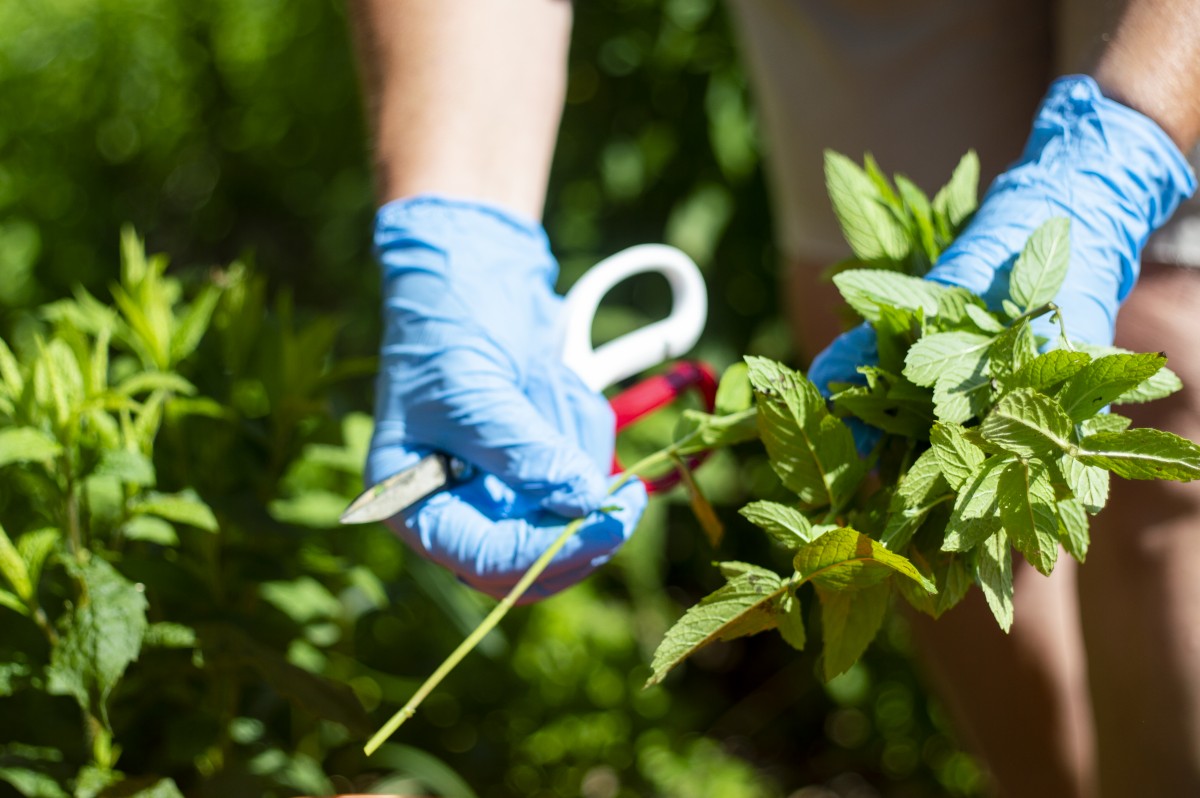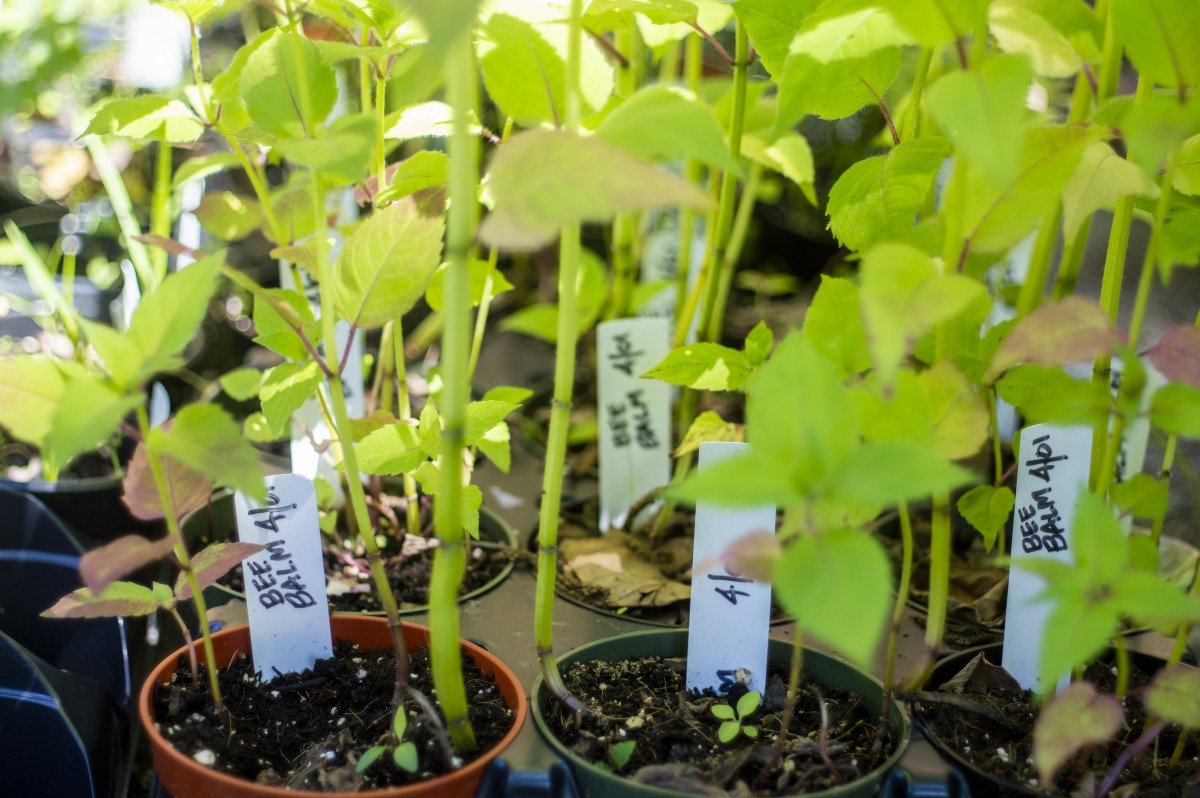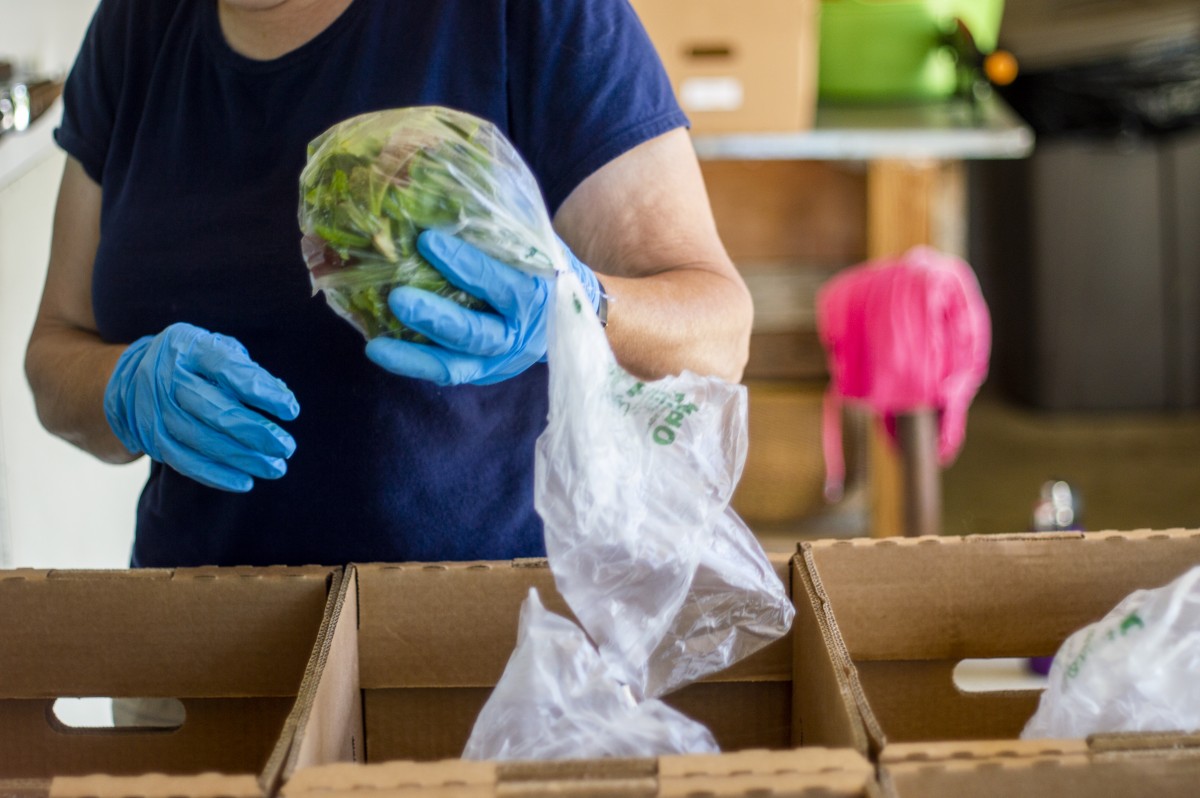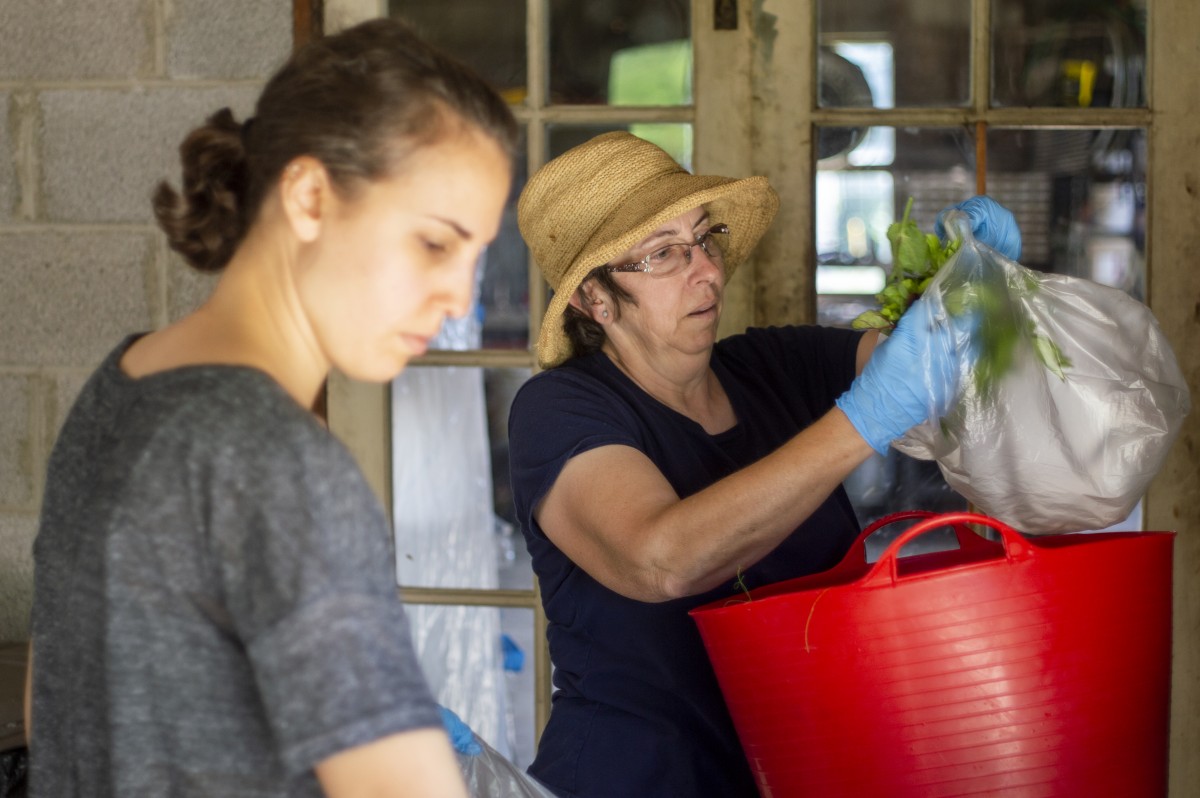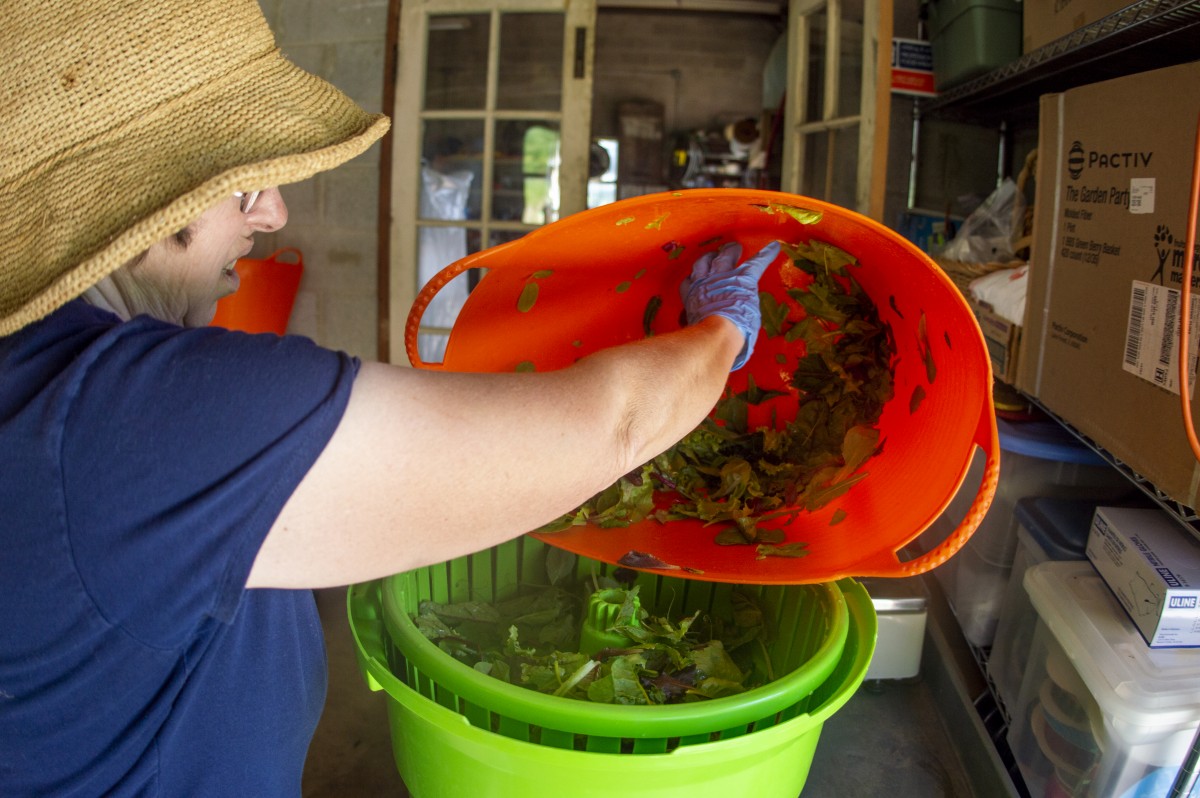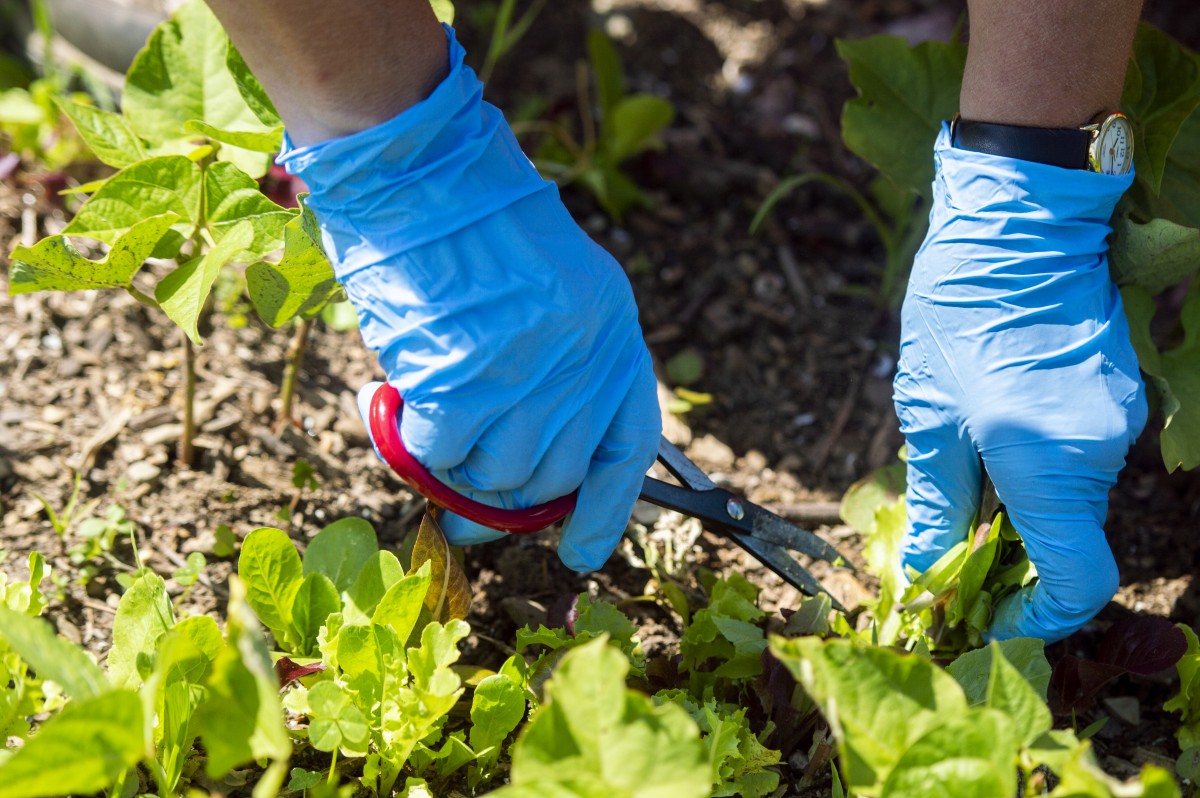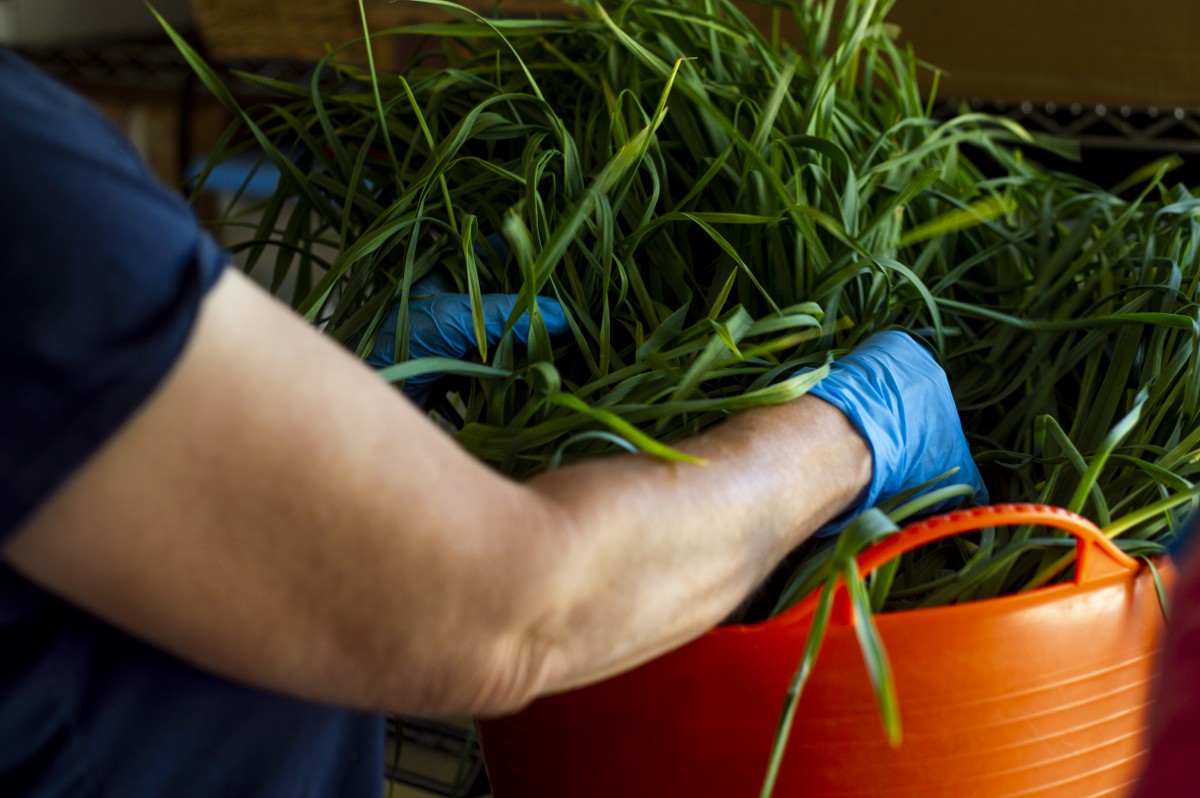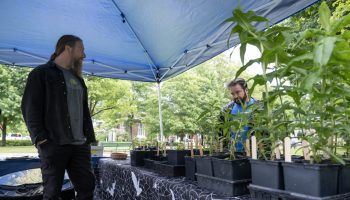The Bird, Tree & Garden Club will continue their work to grow Chautauqua’s monarch butterfly population by holding their annual butterfly-friendly Native Plant Sale from 9 a.m. to 1 p.m. Tuesday, June 30, on Bestor Plaza as part of the weekly Bestor Fresh Market.
BTG will offer a variety of native plants — including swamp milkweed, purple coneflower, and Mexican sunflowers — and 12 types of herbs. BTG urges interested shoppers on the grounds to come early, as they expect to sell their 600-plant inventory before the event ends at 1 p.m., much like in years past.
According to BTG’s website, the monarch population began to decline as a result of the loss of milkweed plants that nourish the species; the rise of genetically modified crops and related pesticides; and harsh winters due to climate change, among other factors. BTG members began holding the annual sale in 2014 as a way to increase the numbers of plants that would allow monarch populations to flourish.
Chris Flanders, a BTG board member who coordinated the sale, said that the dwindling monarch population was a “canary in the mine” of the future of Chautauqua’s ecosystem, foreshadowing the risk of an unbalanced food chain. By introducing the Native Plant Sale, the entire community could contribute to the preservation and care of the region’s ecology by purchasing plants and restoring various insects’ native habitat.
By planting native plants, gardeners are doing more than creating a welcome environment for monarchs. Members of BTG have worked with the Institution to strategically place plants and gardens to help with water drainage and purification to keep Chautauqua Lake clean.
In the years since BTG’s native plant efforts began, Flanders said they are already seeing positive results, such as the return of insects, lower phosphorus levels in the lake, and improved migratory patterns for the monarchs.
“We’ve seen a big increase of (monarch butterflies), and they’ve stayed later and they leave on time. They’re getting enough food, so we feel like we have made a difference here,” Flanders said.
These plants are beneficial in more ways than their effects on the local ecology. For gardeners, they are easier to care for. Flanders said many of these species return annually where they are planted, so gardeners won’t have to repurchase them every year. Many of the plants are also drought-resistant, thanks to their deep-growing roots. Because these plants thrive in their native habitat, they are sturdy and dependable.
All plants offered in the sale are sourced from Hickory Hurst Farm, owned and operated by Adrienne Ploss, located on West Lake Road in Mayville.
The revenue made in the sale covers the cost to source the plants, so BTG does not make a profit. Flanders said that they view the sale as a community service by simplifying and encouraging the gardening of native plants.
Flanders noted that many more community members are interested in gardening now than in years past, due to the pandemic keeping more people at home. But residents are not only rushing to greenhouses for their personal gardens, they are also reaching out to members of BTG to express an interest in ecology.
“You’ve got all these people looking for (butterfly) chrysalises now,” Flanders said. “We have people that are concerned about the birds because there isn’t enough habitat for them.”
BTG typically hosts weekly lectures about ecology during the summer, but because of the remote nature of the Institution’s programming this year, they will not be hosting these lectures. BTG is adapting to this change and planning new ways to serve the community.
Susy Warren, BTG’s head of communications, said that the organization plans to produce video garden tours in July. This will include a video with Betsy Burgeson, supervisor of gardens and landscapes at the Chautauqua Institution, and Jon Schmitz, archivist and historian for the Institution, revisiting a past lecture on the history of Chautauqua’s gardens. BTG is also planning to unite master gardeners in the region for a comprehensive plant census and inventory of Chautauqua’s gardens later in the summer.


